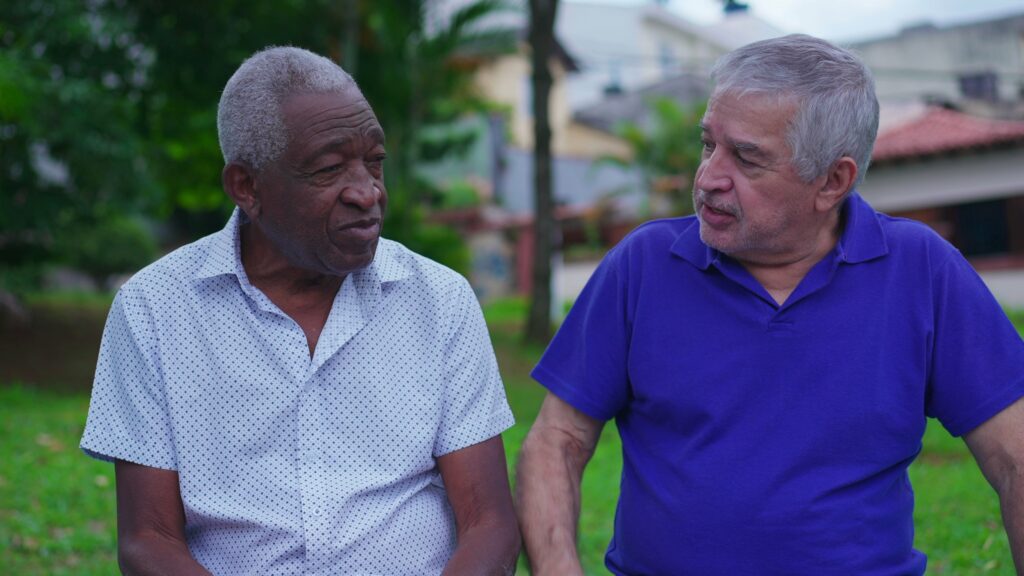The Fight to Increase Life Expectancy for HIV-Positive People Who Smoke
Author
Media Contact
For general and media inquiries and to book our experts, please contact: pr@rstreet.org
Introduction
Smoking rates among those living with human immunodeficiency virus (HIV) or acquired immunodeficiency syndrome (AIDS) are two to three times higher than among the general population of the United States—making combustible-tobacco-related diseases the number one cause of mortality among people living with HIV (PWH).
Significant social and psychological barriers make quitting even more challenging for smokers with HIV than for others. Existing research demonstrates the effectiveness of interventions tailored to the unique needs of PWH, including simultaneous attention to polysubstance and mental health issues; improved access to cessation support; and increased use of harm reduction measures, like reduced-risk tobacco and/or nicotine products for adult smokers with HIV who are unable or unwilling to quit tobacco use.











